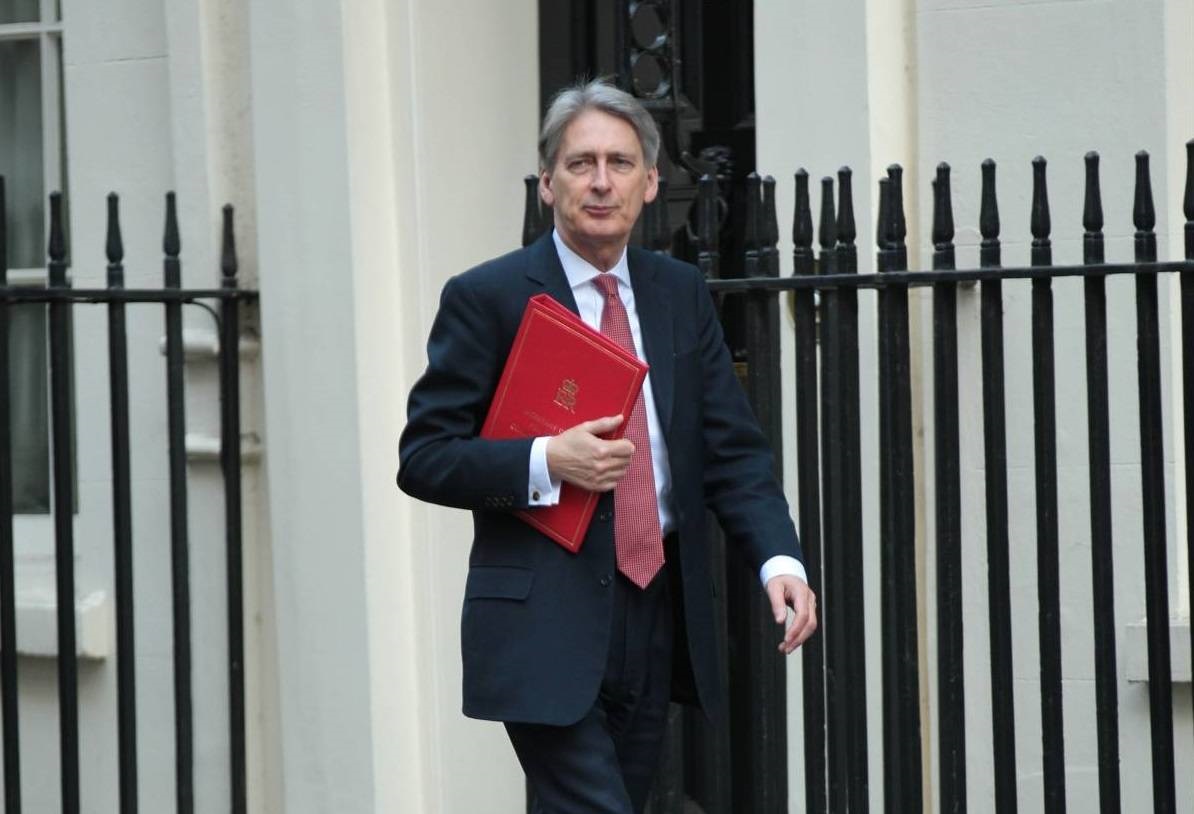Budget 2018: Rural broadband, increased investment and NLW hike

Chancellor Philip Hammond has announced a new structures and buildings allowance, increased the Annual Investment Allowance to £1m and set aside £200m investment for rural full fibre broadband.
Mr Hammond has explained how the "era of austerity is finally coming to an end" in his Budget.
In a speech lasting more than 70 minutes, he announced a new structures and buildings allowance for non-residential structures, which will help farmers invest in modern, efficient buildings.
Businesses will be able to deduct 2% of the cost of any new non-residential structures and buildings off their profits before they pay tax.
The Government will also increase the Annual Investment Allowance five-fold from £200,000 to £1 million to help businesses to grow.
The Chancellor announced a significant £200m investment in piloting new solutions to deploy full fibre internet in rural locations. According to the latest NFU survey, 59% of farmers felt the broadband speed they received was insufficient for their business.
Mr Hammond avoided increases in duty on petrol and diesel, which would have hit rural-based businesses "very hard", according to rural insurer NFU Mutual.
There was good news for self-employed farmers and all those working as employees, as the Chancellor stuck to the Conservative's promise in increasing personal tax allowances.
The amount of income that can be earned before paying tax will increase to £12,500 and the higher rate won’t start until an income of £50,000 is reached.
The National Living Wage (NLW) will increase by 4.9%, with the NFU calling it "substantially more" than the sector expected, and comes at a time when farm businesses are faced with a rising cost base.
'Seeking clarity'
The farming industry's reaction to the Budget has been lukewarm, with criticism focusing on a lack of clarity to help farmers plan for their post-Brexit future.
Tim Price, Rural Affairs Specialist at NFU Mutual, said farmers seeking clarity from the Government received "little comfort".
He said: “Huge questions remain over the future funding of rural support after Brexit, making it hard for farmers to plan investment in their businesses.
“At first glance, there was not a lot for farmers to get excited about – but there are a few measures which will ease tax bills – and it’s a huge relief that the Chancellor avoided increases in duty on petrol and diesel."
“The Chancellor’s announcement of £10m funding for Air Ambulance services is good news for farmers and country people – those living in remote areas need these services most as they face long trips to get to hospitals if they are involved in an accident or are seriously ill,” Mr Price added.
'Missed opportunity with 4G'
CLA President, Tim Breitmeyer said the Chancellor has prioritised digitally connecting the countryside like "never before", but has "missed an opportunity" on 4G.
"Digital connectivity is vital to boosting rural economic growth and this funding will go towards projects which should lead to the deployment of full fibre broadband in the hardest to reach areas," he said.
“However, although this is very welcome cash for rural broadband, the Government has still missed an opportunity to incorporate 4G mobile connectivity into its plans to improve rural economic growth.
Mr Breitmeyer added: "Mobile network operators have abandoned the countryside by failing to resolve poor signal and not-spots. Introducing a single rural mobile phone network to deliver better and faster 4G coverage would prove the Government is serious about its ambition to connect the countryside.”
NFU President, Minette Batters said farmers are still seeking assurances and clarity about post-Brexit policies.
“As we move ever closer to leaving the EU, farmers and growers are still seeking assurances and clarity about the environment they will be operating in. In these times of uncertainty, policies that support sustainable farm businesses are crucial," she said.








